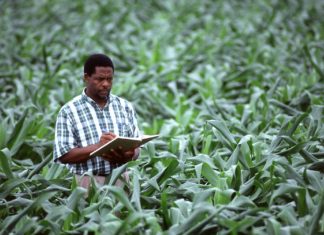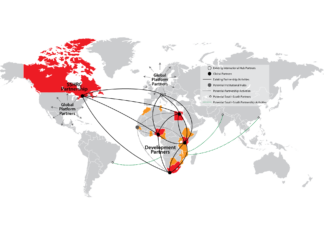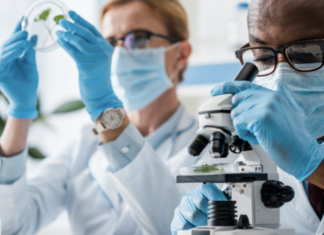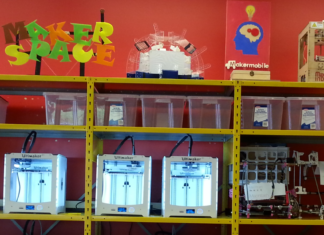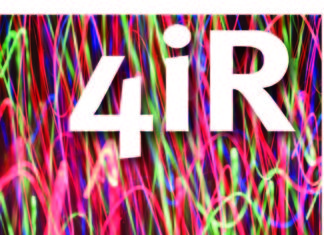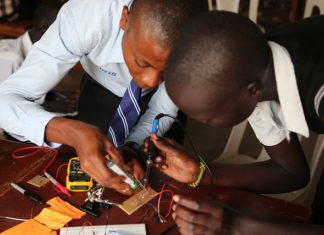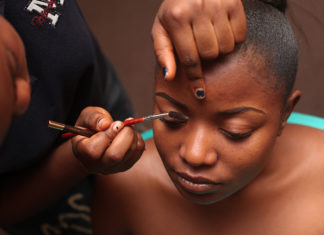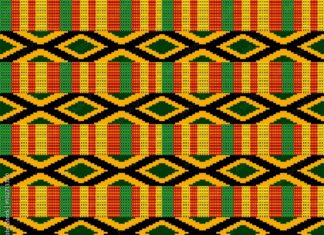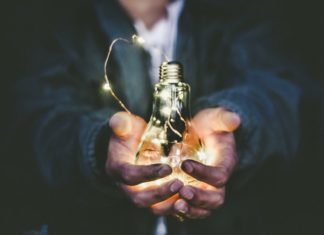DIY Biology in Africa: Opportunities and Challenges for Open Science
Authored by: Vipal Jain and Jeremy de Beer
Do-It-Yourself (DIY) Biology, also known as biohacking, puts innovation into the hands of the citizens and provides...
Les défis d’étendre Open AIR dans des pays africains francophones
Le travail panafricain comprend plusieurs défis, entre autre la grandeur du continent, sa diversité, les différences juridiques, et la complexité des langues. Les défis sont particulièrement marqués pour l’innovation africaine. Il y a deux organismes régionaux dans le domaine de la propriété intellectuelle, en plus de l’Organisation mondiale de la propriété intellectuelle, ce qui souligne la diversité et les divisions linguistiques et régionales. Pour Open AIR, un réseau de recherche qui travaille dans de différents domaines de l’innovation et la propriété intellectuelle, on rencontre plusieurs défis à cause de cette diversité.
Expedited COVID-19 R&D: Indigenous Knowledge and ABS Imperative
With the world on edge as the COVID-19 crisis progresses, the scientific community has sprung into gear in search of an effective treatment. Research and Development (R&D) is progressing at unprecedented speeds. Amidst this rapid development, traditional knowledge plays a significant role in scientific endeavours. Through traditional knowledge, medical researchers can gain guidance and inspiration and bypass prolonged and expensive scatter-gun approaches to R&D.
Emerging issues in campus and community “makerspaces” across Canada
Makerspaces are places where innovators gather together to develop new ideas, technologies and entrepreneurial opportunities. The concept of sharing not only space but also tools and equipment is gaining popularity in many countries. Canada is home to several makerspaces ranging from hackerspaces, to fab labs, to informal studio spaces where people can create, invent, and learn. Some are run for profit, some are non-profit, and some are run by individuals or larger institutions.
Quelle est la place de la femme dans l’écosystème digital au...
Par Aboubacry Kane et Dominique Diouf
Depuis plusieurs décennies, les technologies de l’information et de la communication (TIC) ont connu une croissance exponentielle en...
African Innovation in the Fourth Industrial Revolution
By Chidi Oguamanam
The third industrial revolution (3IR) provided perhaps the most
significant insights into Africa’s potential to fast-track its sustainable
development. As with previous industrial revolutions,...
Highlighting Inclusion of Marginalized Voices at International Conferences: A NERG’s experience
By Nicole Tumaine
Over the past four months, I have had the privilege of attending three international conferences as a panelist thanks to the generous...
The role of intellectual property rights as a development tool for...
By Esther Ekong
Despite
the very significant role women entrepreneurs in developing countries play,
their businesses lack financial security, which in turn stymies their economic
growth. This is...
Providing an Equitable Framework for Safeguarding Intangible Cultural Heritage: Women in...
By Angela Yeboah-Appiah
Women in Ghana face diverse forms of discrimination and are not equally treated as men both in the public and private sphere....
Access to Sustainable and Inclusive Energy through Pay-As-You-Go Solar Technologies in...
By Mireille Yeo Wondia
There have been significant global efforts to meet Sustainable Development Goal (SDG) 7 – to ensure access to reliable, affordable and...

